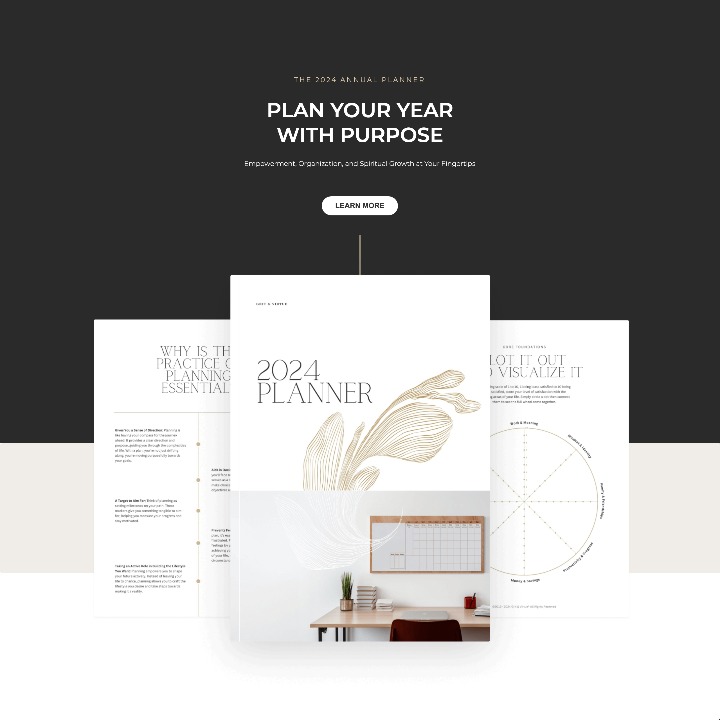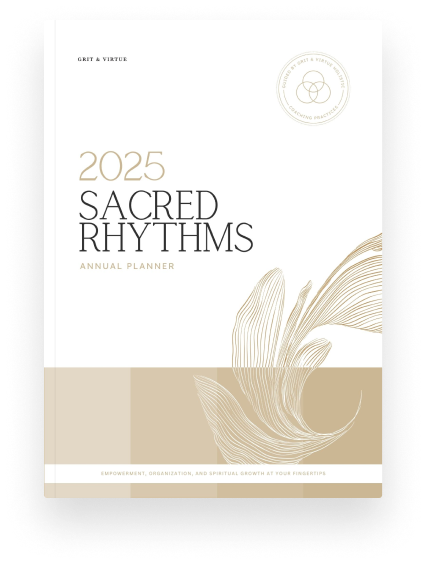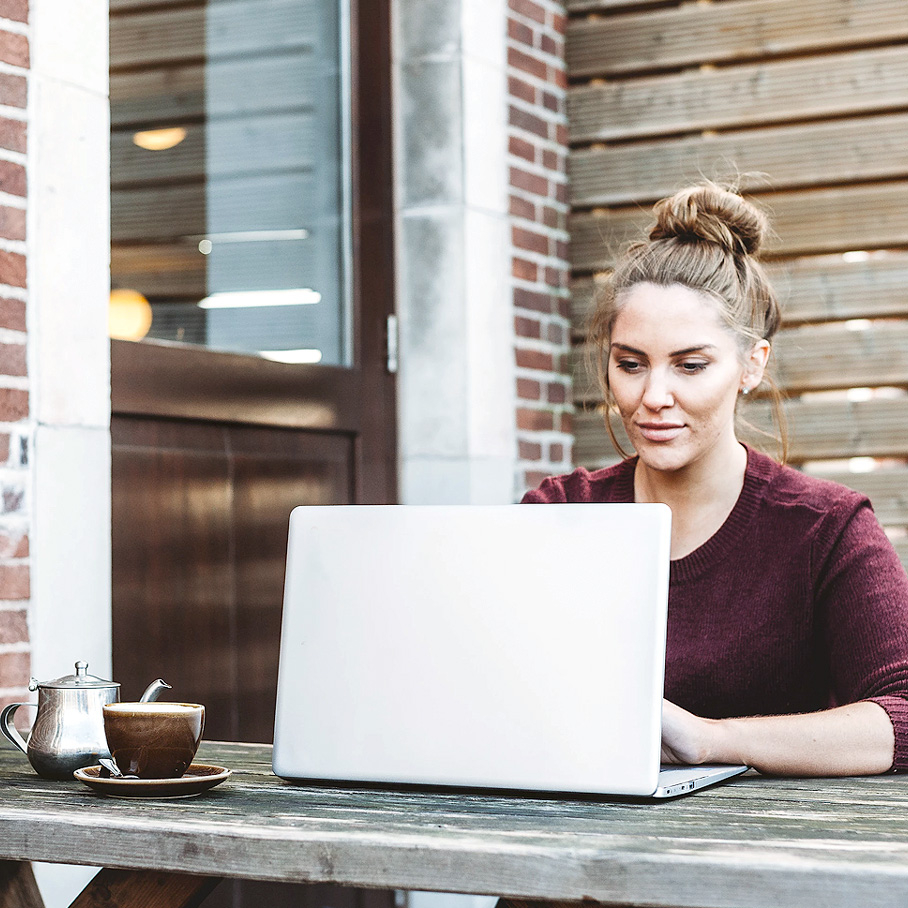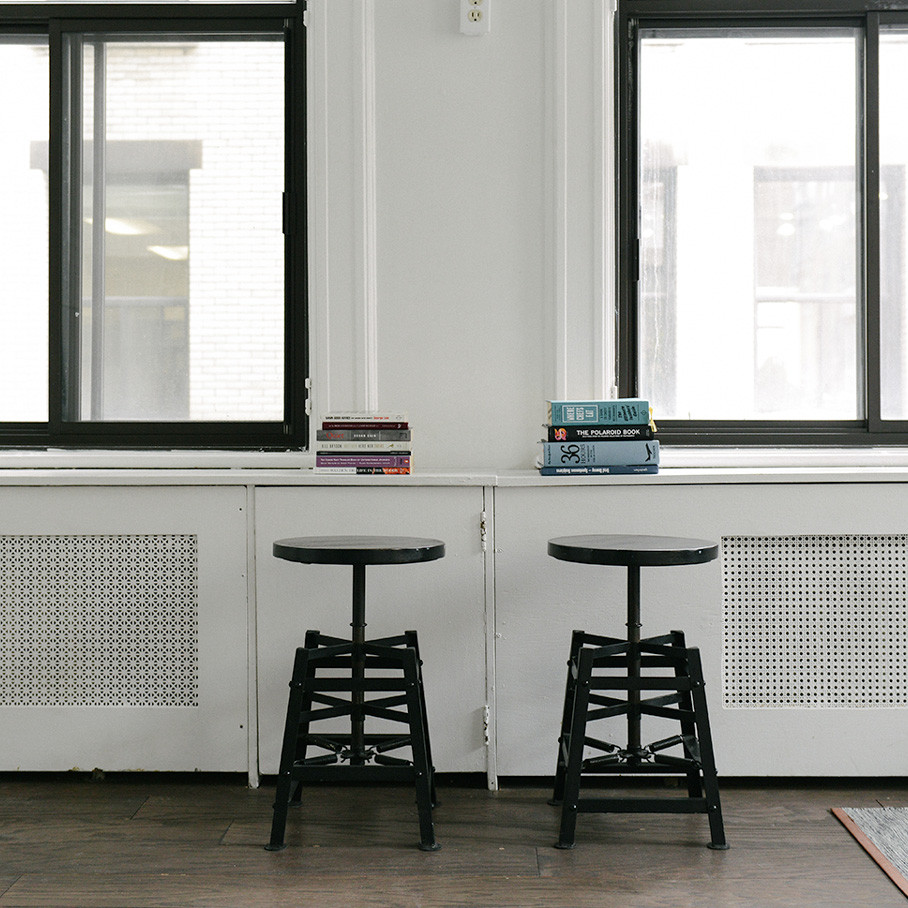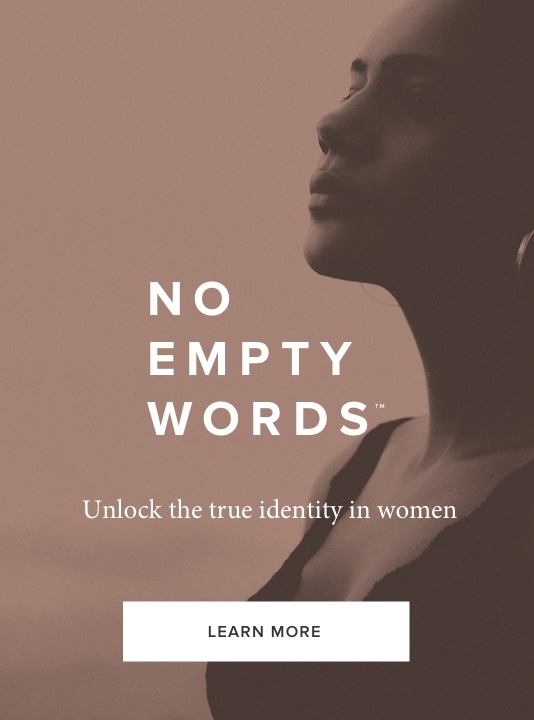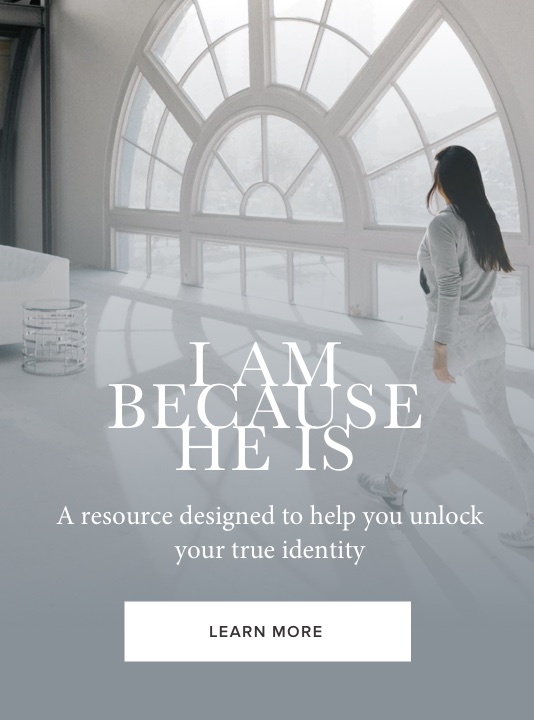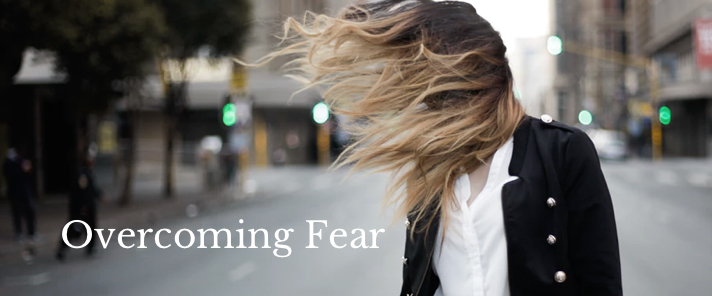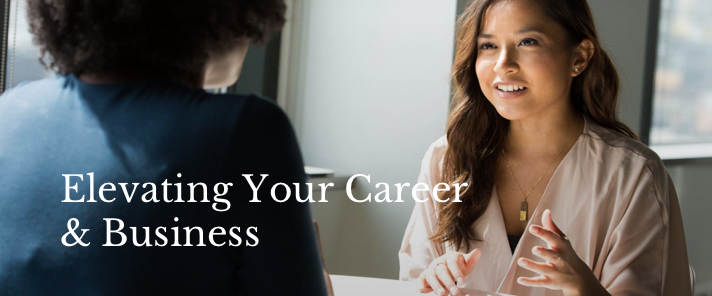Hope is on the horizon. At the time of writing this article, our country has been collectively holding its breath for 454 days. Every day, we’re seeing more smiling, mask-less faces and hugging friends and family members we haven’t seen in well over a year. And as much as I want to lean in and fully embrace the joy of what’s to come, I think it’s important to reflect before we fully exhale.
In the early months of quarantine, many of my conversations carried a similar sentiment: Now that my life has been stripped down to the bare essentials, I’m really questioning what kind of life I want to go back to once this is all over.
The experience of living through a crisis like a global pandemic exposes the places where our lives are out of alignment — from how we spend our time and interact in our relationships to how we engage larger, systemic issues like racial injustice. Now, we have the opportunity to ask ourselves an important question.
What will we do with what we know?
Both my professional experience as a therapist and my life experience as a person have taught me that knowing better = doing better is a faulty equation.
Knowing what matters to us and the type of person we want to be is easy. Consistently doing what matters to us and continually pursuing the type of growth that will develop us into that person is hard. Really hard. But, it’s also incredibly important. Our personal freedom and impact for God’s kingdom depend on it.
As we move into this new season together, I’d like to propose a new equation: knowing better + thoughtful intention and regular reflection = doing better.
Approaching our lives with thoughtful intention involves carving out time to listen to God’s voice, asking how we can become more like him and better love others. When we pair this practice with thoughtful reflection, we can observe moments we felt most connected to God as well as opportunities we may have missed and adjust accordingly.
If you need a little help getting started, here are a few areas I’m focusing on as we come out of this pandemic season.
Rest
As cities across the country called for stay-at-home orders and many of our busy communities became sleepy and quiet overnight, many of our homes became noisy and chaotic. Shifting to working remotely, school closures, distance learning, and isolation from our communities quickly led many of us all to a new level of burnout — a level of tiredness that far surpassed how tired we already were before this all began.
Now that we have lived with limited connection and opportunities for so long, the temptation to fill our schedules to the brim and crowd out margin in order to make up for what we’ve missed is real. As we reflect on the pandemic season, it is vital to remember that living our lives perpetually tired is a huge roadblock to consistently pursuing our goals and living lives that matter.
In her book, Sacred Rest, author and MD Saundra Dalton-Smith explores seven categories of rest we all need: physical, emotional, mental, social, sensory, creative, and spiritual. I would encourage you to take the free assessment to determine which area of rest you most need to prioritize in the season ahead (check it out at www.restquiz.com).
Personal Growth and Healing
Being persistently pushed to our limits brought a lot to the surface for many of us. I don’t think anyone is walking away from this experience without some level of grief, anxiety, relational conflict, or trauma.
Personally, the COVID season revealed that, despite my professional training and years of experience, conflict continues to be a really tender place for me. And while my husband and I generally get along great and work well together as a team, the process of trying to run a counseling practice while my husband simultaneously led our church from home — all without childcare for our two young boys for months on end led to much more stress and tension than we typically face. As I leaned in, I discovered that there were areas of my story that needed my attention and deeper healing.
If you are continuing to experience regular anxiety, depression, or emotional reactions that seem out of proportion to your circumstances, please reach out for help — whether it be from a trusted friend, mentor, or licensed professional. Your personal healing is worth the investment and time.
Loving People Well
The past 15 months have produced polarizing experiences for almost everyone. As some endured the strain of never having a moment of solitude from young children, others faced devastating loneliness. As healthcare and essential workers put in demanding hours to care for the sick and keep our grocery store shelves stocked, others suffered job loss and financial crisis. In my own life this year, I have experienced both memories of connection and joy with my family I will treasure forever and the death of a family member.
Our post-pandemic lives contain complexity and conflicting emotions. If you are experiencing excitement and joy about re-engaging in the world paired with anxiety about returning to an in-person work schedule and navigating increased demands on your time while also recovering from loss and trauma — you are not alone. More than ever, we have the opportunity to represent Jesus through our kindness, empathy, and compassion to others and ourselves as we both press into the sweetness while holding space for the places that are bitter.
COVID-19 has changed all of our lives in unalterable ways. It has become a part of our personal and collective histories — a wilderness story where we were faced with adversity and invited to rely upon the provision of God in ways we never had before. We have learned so much about the rhythms of work and rest and connection we need to be at our best. May we not miss this opportunity to reflect and set our intentions to integrate the things that we have learned into our lives. Let’s encourage one other to do something different with what we know.
Enjoyed it? Share it!
Melissa Brownback
Melissa is a pastor's wife, mom, and professional counselor who loves listening to and telling stories that reveal the grace and redemptive work of God in the darkest and most unexpected places. She loves being outdoors and exploring her new community in Southern California where she lives with her husband and two little boys.
But wait, there's more...
